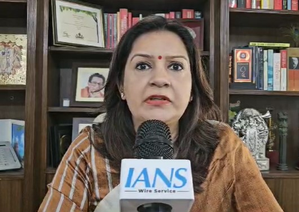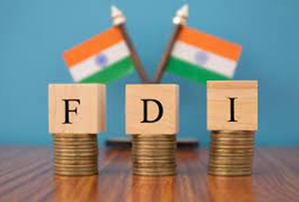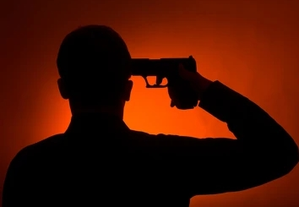MP: PMAY beneficiaries in Harda district thank Modi govt for pucca houses
Bhopal, Nov 5 (IANS) The Pradhan Mantri Awas Yojana (PMAY), envisioning affordable housing for low and middle-income families, has brought profound and positive changes in the lives of scores of people across the country.
Harda district in Madhya Pradesh is one of the key beneficiaries of this scheme, as thousands of people here have either attained or are in the process of realising their dream of pucca houses.
The PMAY scheme was launched in Madhya Pradesh’s Harda in September 2017. Since then, a total of 6,813 people have benefited from the scheme in urban pockets. Out of this, about 6,011 houses have been completed while the rest 10 per cent of houses are under construction.
Pramendra Sakalle, a local of Harda village told IANS about how the PMAY scheme turned to be a boon for him and his family as today all of them are living in pucca houses, as against kuccha houses earlier.
Ganesh Prasad Kushwaha, another local, said that he and his family have a permanent house now and thanked Prime Minister Narendra Modi for this.
Maya Bai, a resident of Ward No. 17 said, “Our permanent house has been built because of PM Modi and Shivraj Singh Chauhan. There were a lot of problems in kuccha house. It had to be repaired again and again. Now with the construction of a pucca house, all our problems have been solved.”
Rekha Nayade, a resident of ward number 4 said that they received monetary assistance in three installments and this helped them transition from kuccha to pucca house.
“We are very happy to get a pucca house,” said Meena Bai, another beneficiary of the scheme.
Pradhan Mantri Awas Yojana (PMAY) is a subsidy scheme, launched by the Modi government in 2015, aiming to build 2 crore affordable houses by March 31, 2022. The government has extended the PMAY scheme for another five years.
Under the Yojana, an amount of Rs 2.50 lakh monetary assistance is provided by the Centre to beneficiaries, living below the poverty line in three instalments. The first instalment is given in the form of Rs 1 lakh, followed by Rs 1 lakh and Rs 50,000 consecutively in the next two instalments.
—IANS
mr/uk




